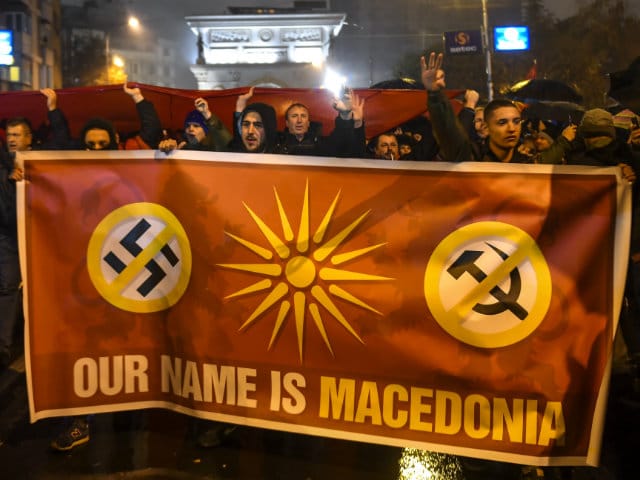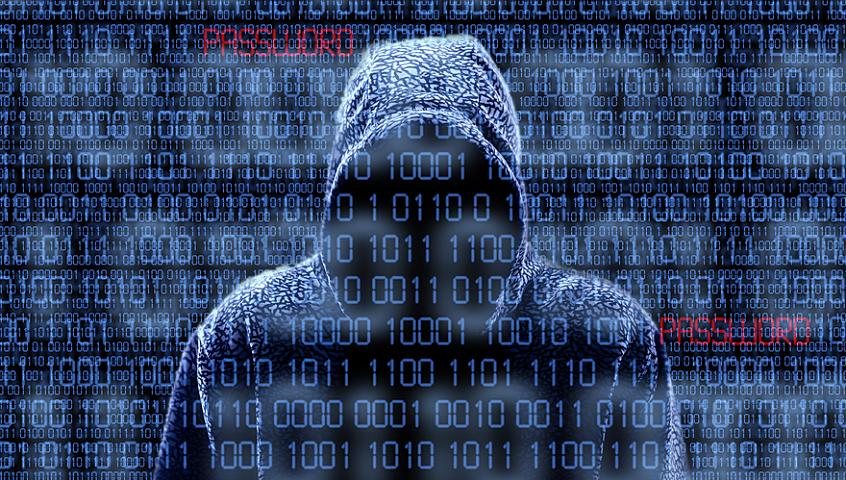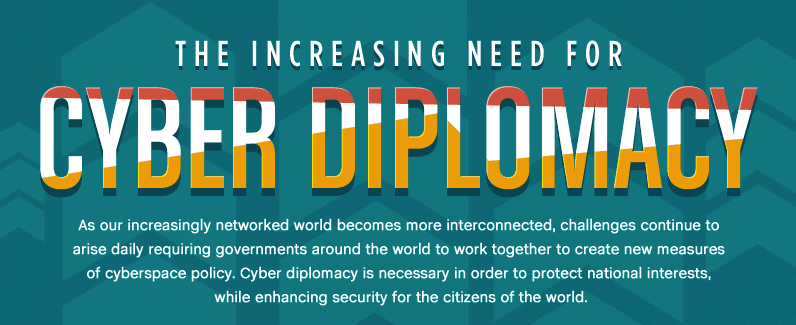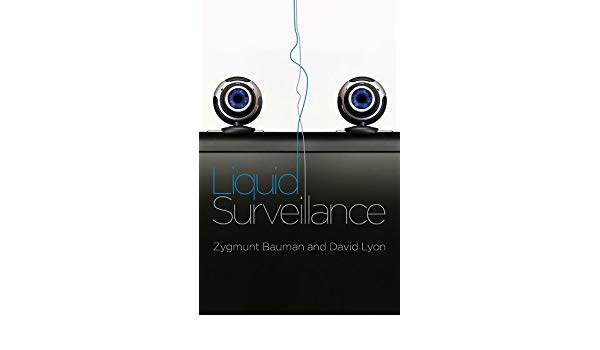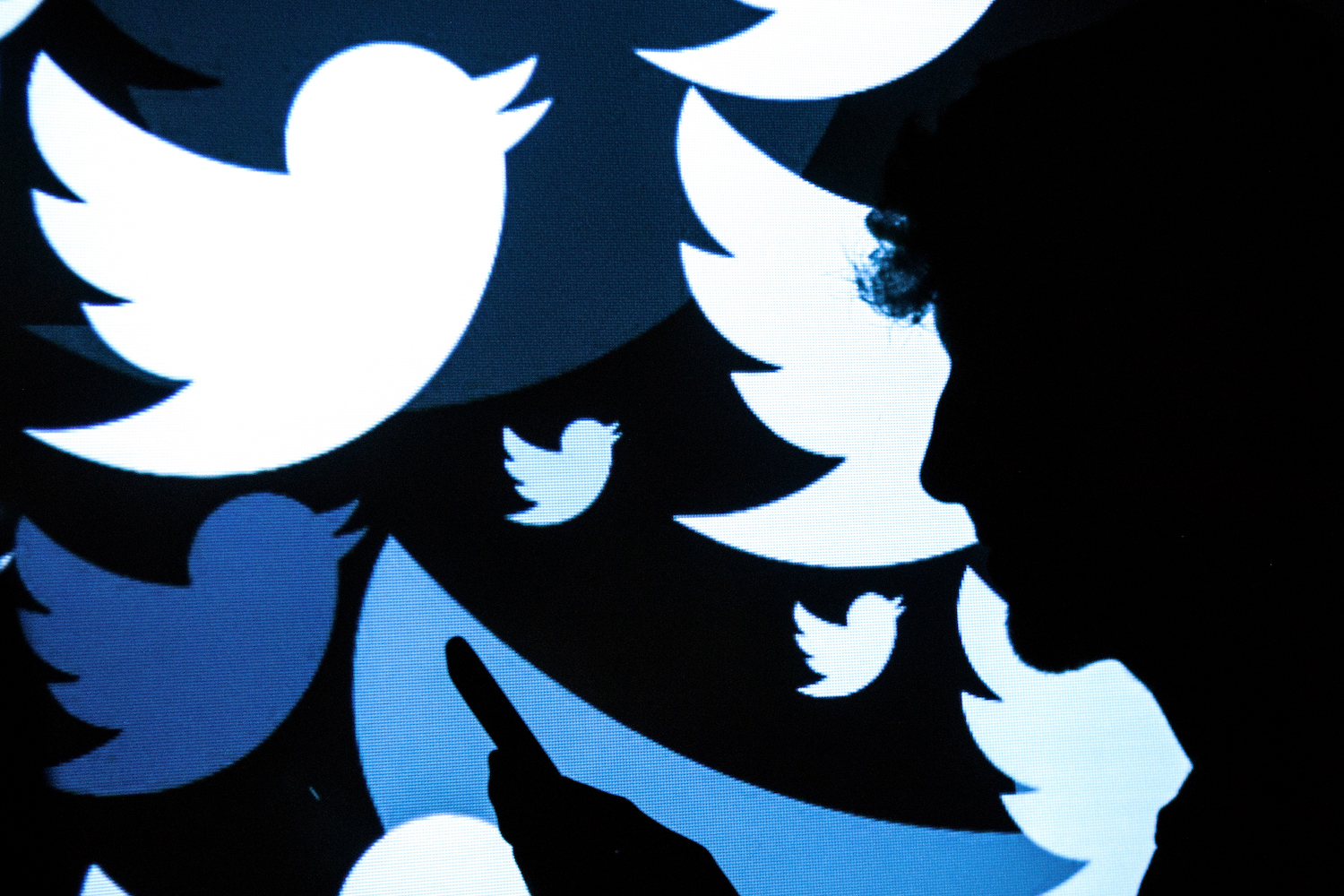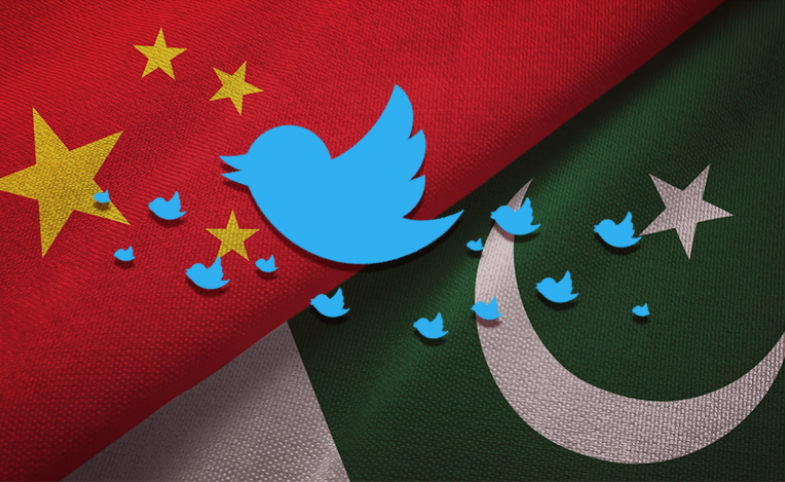2019- The Year in Which Digital Diplomacy Research Came of Age
When asked what is the enlightenment, Kant answered “Enlightened is man’s ascension from his self-imposed immaturity”. When reviewing the study of digital diplomacy, 2019 is the year of maturity. In 2015, scholars mainly asked who? Who manages the digital accounts of MFAs/embassies and multi-lateral missions? This was an important question. If digital diplomacy managers were former journalists, then perhaps diplomats viewed digital tools as new means for framing government communication. If, on the other hand, digital accounts were managed by social media wizards, then perhaps MFAs focused their efforts on attracting digital publics. An important activity given that without the public, one cannot practice diplomacy. Lastly, if digital accounts were managed by diplomats, then perhaps MFAs viewed Facebook and Twitter as foreign policy tools. Answers, we soon discovered, were diverse. While some MFAs hired former journalists, others hired social media experts while still others trained ve..
Pull Versus Push in Digital Diplomacy
The Crimean Crisis has been regarded as a turning point in the relationship between Western Europe and Russia. The Crisis, which burst onto the scene in December of 2013, saw strongly worded tweets followed by troop convoys, financial sanctions and the expulsion of diplomats. In the wake of the Crisis, governments in Western Europe came to regard Russia, and not terrorism, as the greatest threat to national security. The new fault lines drawn around the Crimean Peninsula were soon evident in multi-lateral forums that were plagued by paralysis. A world in which Russia and Western Europe do not collaborate is one in which the Security Council is reduced to a debating society while UN agencies such as the OPCW (Organization for the Prohibition of Chemical Weapons) are rendered irrelevant.
Yet the Crimean Crisis was not just a diplomatic crisis. It was a digital crisis which forced diplomats and their institutions to re-conceptualize how they use digital technologies. Prior to the Crisis,..
Alexander the Bot: The Twitter War for the Macedonian Soul
From ‘ghost users’ to ‘cyborg bots’, a BIRN investigation shows how nationalists in North Macedonia, Greece and beyond are unleashing automated armies on social...
How Sahel rebel groups use online diplomacy
In the absence of access to privileged diplomatic channels, rebel groups engage in more public relations with foreign elites, international organizations and civil society...
‘Maximize the positive’ from new technologies, for our digital future, Guterres urges
Both positive and negative technological developments are jolting the world at “unprecedented speed”, the UN chief said on Thursday, underscoring the need to “maximize...
DIGITAL DIPLOMACY VS CYBER DIPLOMACY
The concept of cyber diplomacy is often associated with digital diplomacy, electronic diplomacy or computer diplomacy. Overlapping use of these concepts raises confusion over...
New face of diplomacy in a digital world
The use of social media in politics becomes a major player in building consensus. The new technologies have deeply affected the working methods of diplomats and their communication style, says H.E. Stefano Baldi, Ambassador of Italy in Bulgaria, in an interview to Europost.
The Downside of Digital Diplomacy: Life in the Age of Constant Surveillance
Philosophers and political theorists have argued that the goal of every society is complete control. This is also true of democratic societies and herein lies the tension of every democracy. That a government is elected by people to manage its affairs. Yet soon that very government strives to control its citizenry. Free people thus freely put on the shackles of their domination.
In the digital age, control is gained through data. Governments have at their disposal swarms of data gathered on every citizens ranging from his/her blood pressure, as monitored by HMOs, to his/her credit history, as reviewed by banks. Information that cannot be accessed by governments, soon surrenders to their authority. Such was the case when Facebook allowed US intelligence agencies to access its databases. Notably, Facebook’s is perhaps the most invasive, sensitive and awesome database ever created. Using its algorithms, Facebook is able to deduce one’s political affiliation, sexual orientation, health st..
Thumb-Boat Diplomacy Could Undo U.S. Foreign Policy
Tweet offensives have become a favored method of communication among world leaders. Led by U.S. President Donald Trump and now emulated by his lieutenants,...
Twitter’s Role in CPEC & China-Pakistan Relations
"The China-Pakistan Economic Corridor in Social Media: A Critical Discourse Analysis" analyzes the strong role of Twitter in shaping Pakistan's positive national narrative of the China-Pakistan Economic Corridor (CPEC), the portion of China's Belt & Road Initiative (BRI) that cuts directly through Pakistan, border-to-border. The authors note that Pakistan's population of 200+ million people is one of the world's largest and fastest-growing social media audiences.
“In nearly 70 years of friendship and close cooperation between China and Pakistan, the CPEC has emerged as a climax bringing both countries closer through greater Chinese investment under the BRI," write Ahmed, Rojratanakiat and Taekasem. "Twitter..







